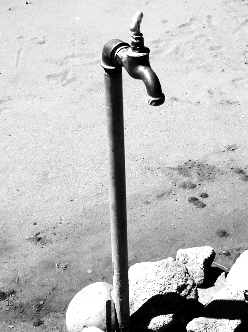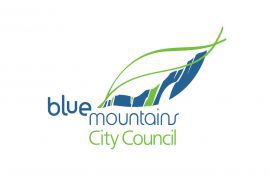Water buyback bids open
 The Federal Government says its voluntary water purchase tender has attracted over 1,000 responses from landholders across the southern Murray-Darling Basin.
The Federal Government says its voluntary water purchase tender has attracted over 1,000 responses from landholders across the southern Murray-Darling Basin.
The tender is part of the government’s ongoing effort to restore 450 gigalitres of water to the Murray-Darling Basin environment by 202.
Since May 2022, about 27.5 GL has already been reclaimed for environmental use.
The tender, which closed in September 2024, targeted the purchase of up to 70 GL of surface water rights per year from five key catchments within the Basin.
It says it has received more than 1,000 responses across the southern Murray-Darling Basin, far exceeding the volume of water required.
Responses are currently under review, with successful offers expected to be finalised from December 2024.
While the tender response indicates strong interest in the voluntary sale of water rights, government officials emphasise that such purchases are only one piece of a broader strategy.
The government says it is prioritising non-purchase solutions to address the Basin’s environmental water needs.
Among these initiatives is the Resilient Rivers Program, which provides more than $494 million for water-saving infrastructure projects proposed by states.
Under this scheme, one construction project, a water-saving program, and four feasibility studies - together valued at nearly $90 million - have received the green light.
An additional $3 million is available through the program to support land and water partnership proposals from the states.
To mitigate the economic impact of these measures, the government earlier this year allocated a record $300 million to help Basin states protect local jobs and businesses affected by voluntary water sales.
Minister for the Environment and Water, Tanya Plibersek, says the bids are evidence of widespread support among Basin communities.
“The overwhelming response to the voluntary tender shows there are many willing sellers who want to work with the Government to ensure the Basin river system continues to be healthy and sustainable for the communities, businesses, farmers, and irrigators who rely on it,” she said.







 Print
Print


